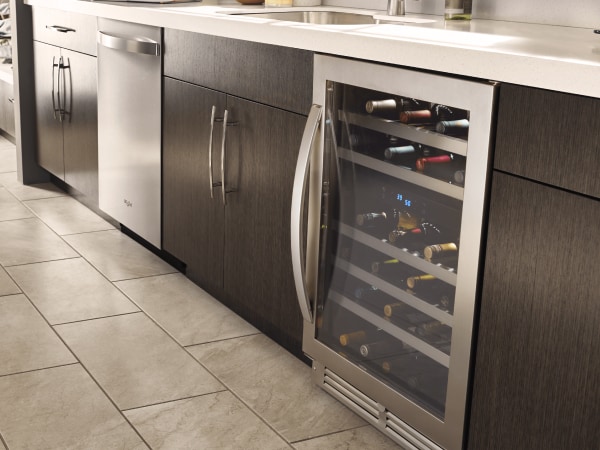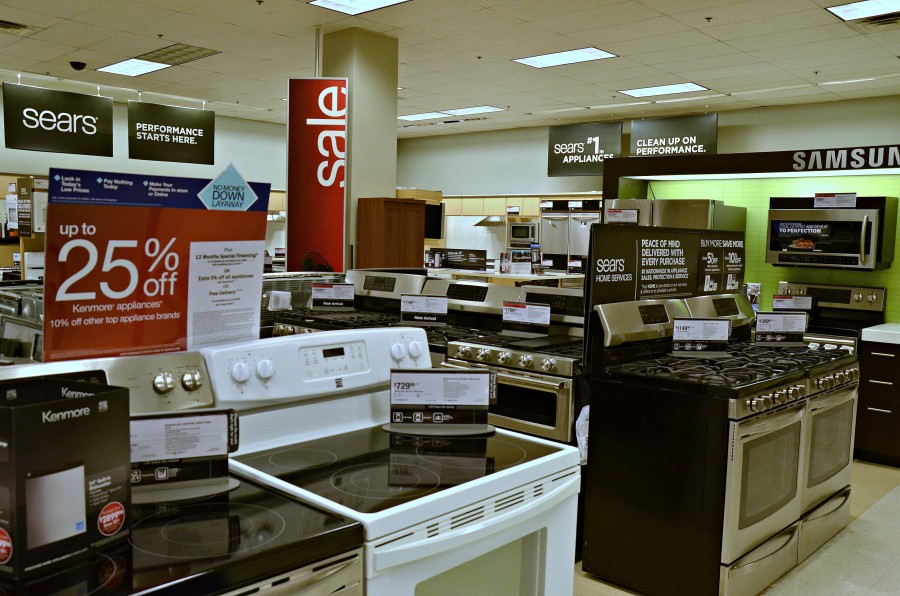
Understand Your Needs and Budget
1. Identifying essential home appliances
When considering purchasing new home appliances, one must first identify the essential items needed for daily living. It is crucial to assess which appliances are necessary for your lifestyle and household requirements. Prioritize items such as refrigerators, stoves, washing machines, and other significant appliances that contribute to the smooth functioning of your home.2. Setting a budget for your purchase
Setting a budget for appliance purchases is essential to ensure you stay within your financial means and avoid overspending. Take into account factors such as the quality of the product, energy efficiency ratings, and any additional features that may affect the pricing. Compare prices from different retailers and consider opting for energy-efficient models that can help save on utility costs in the long run. By establishing a clear budget beforehand, you can make informed decisions and find appliances that meet both your needs and budget constraints efficiently.
Consider Energy Efficiency
1. Importance of energy-efficient appliances
In assessing the choice of new home appliances, one must acknowledge the significance of opting for energy-efficient models. Energy-efficient appliances not only benefit the environment but also help reduce utility costs over time. By selecting appliances with high energy efficiency ratings, individuals can contribute to sustainability efforts while cutting down on electricity expenses.2. Looking for ENERGY STAR ratings
When browsing for new appliances, it is advisable to seek out products with ENERGY STAR ratings. The ENERGY STAR certification signifies that the appliance meets specific energy efficiency guidelines set by the Environmental Protection Agency (EPA). Prioritizing appliances with this designation ensures that they are designed to operate using less energy without compromising performance quality. Comparing ENERGY STAR-rated models can aid in making informed decisions that align with both environmental concerns and budget considerations efficiently.
Assess Your Space and Size Requirements
1. Measuring available space for appliances
When considering new appliances, individuals should first measure the designated spaces in their homes where these appliances will be placed. By ensuring that there is adequate room for each appliance, homeowners can prevent issues such as overcrowding or mismatched sizes that may affect both functionality and aesthetics.2. Choosing the right size for your household
Selecting appliances that are appropriately sized for the household's needs is crucial. A refrigerator that is too small may not provide sufficient storage capacity, while one that is too large could lead to unnecessary energy consumption. By evaluating the number of occupants and usage patterns within the household, individuals can determine the ideal sizes for each appliance to optimize efficiency and convenience.
Research Different Brands and Models
1. Exploring reputable appliance brands
When assessing appliances, individuals should research reputable brands known for their quality and reliability. By exploring brands with a proven track record in manufacturing durable appliances, consumers can make more informed decisions on which products to consider for their homes.2. Reading customer reviews and ratings
Reading customer reviews and ratings provides valuable insights into the real-world performance of different appliance models. Individuals can gather feedback from other users regarding factors such as durability, energy efficiency, and customer service experiences. This information can help prospective buyers gauge the overall satisfaction levels associated with specific appliance models before making a purchase.
Evaluate Features and Tech Upgrades
1. Considering advanced features like smart technology
When evaluating appliances, it is essential to consider advanced features such as smart technology. This includes capabilities like remote monitoring, voice control, and customizable settings that enhance user convenience and efficiency. Smart devices can offer added flexibility and automation in managing household tasks, making daily routines easier and more streamlined.2. Assessing the benefits of tech upgrades
Assessing the benefits of technological upgrades in appliances involves understanding how these advancements improve functionality and performance. Upgrades may include energy-saving features, improved durability through better materials, enhanced safety mechanisms, or user-friendly interfaces. By weighing the advantages offered by tech upgrades against their costs, individuals can determine which models best align with their specific needs and preferences.
Check Warranty and After-Sales Service
1. Understanding warranty coverage
When considering appliances, individuals should carefully review the warranty coverage offered by manufacturers. The warranty outlines the length of time the product is protected against defects and malfunctions. Understanding what aspects are covered, such as parts, labor, or specific components, is crucial for making an informed decision. Additionally, knowing any limitations or conditions of the warranty can help users handle potential issues effectively.2. Researching after-sales service and support
Researching after-sales service options is vital in ensuring a smooth post-purchase experience. Understanding how responsive and reliable the manufacturer's customer support is can be beneficial if assistance is needed in the future. Evaluating factors like repair services availability, turnaround times, and user feedback on customer service can provide insight into the level of support provided beyond the initial sale.
Check Warranty and After-Sales Service
1. Understanding warranty coverage
When individuals consider appliances, they should thoroughly review the manufacturer's warranty coverage to ascertain the duration of protection against defects and malfunctions. It is essential to comprehend which aspects are included in the warranty, such as parts, labor, or specific components, to make well-informed decisions. An understanding of any limitations or conditions associated with the warranty can help users effectively address potential issues.2. Researching after-sales service and support
In ensuring a seamless post-purchase experience, researching after-sales service options is crucial. Evaluating the responsiveness and reliability of the manufacturer's customer support can prove beneficial if assistance is required in the future. Factors like availability of repair services, turnaround times, and user feedback on customer service provide valuable insights into the level of support offered beyond the initial sale.Compare Prices and Promotions
1. Shopping around for the best deals
To get value for money, comparing prices from different retailers or online platforms is advisable. By exploring various options, customers can identify competitive pricing that aligns with their budget while ensuring product quality.
2. Utilizing discounts or promotions
During shopping sessions or promotional events, leveraging discounts or promotions offered by manufacturers or vendors can lead to cost savings on purchases. Keeping an eye out for special offers ensures maximizing benefits when making appliance acquisitions.

0 Comments